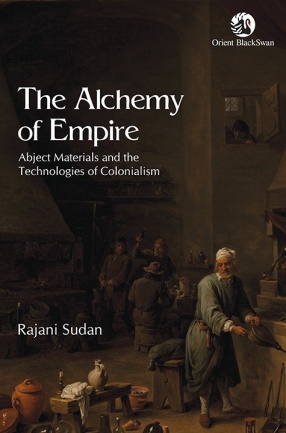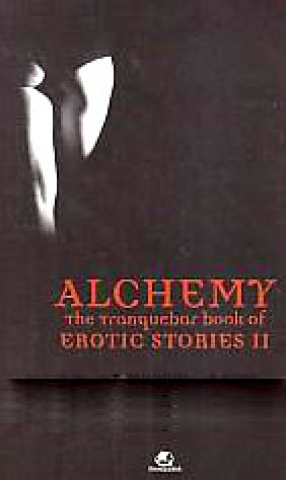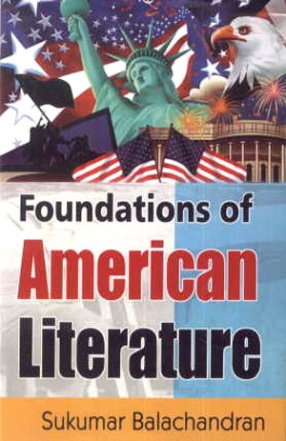The Alchemy of Empire unravels the non-European origins of Enlightenment science. Focusing on the mundane materials of empire-building, this study traces the history of substances like mud, mortar, ice, and paper, as well as forms of knowledge like inoculation. It demonstrates how East India Company employees deployed the field of alchemy in order to make sense of the new worlds they confronted, often resorting to analogy as reason when analysis failed.
Rajani Sudan questions the assumptions of the Enlightenment developed in the seventeenth and eighteenth centuries, focusing on the European notion that “Reason belonged uniquely to the West.” She identifies key substances that were appropriated, first through trade and then through colonial governance, and that eventually became intellectual products of European science. Colonialism is thus read not only as a form of governance but as a technology of empire.
Sudan argues that the Enlightenment was born largely out of Europe’s (and Britain’s) sense of insecurity and inferiority in the early modern world. Through an in-depth study of the imperial archive, Sudan uncovers the history of British Enlightenment in the literary artifacts of the eighteenth century, ranging from the correspondence of the East India Company and the papers of the Royal Society to the poetry of Alexander Pope and the novels of Jane Austen.
This book will be of great interest to students and scholars of eighteenth- and nineteenth-century British studies, as well as those interested in the intersections of history, science, ecology, and literature.
Contents: Introduction. 1. The Alchemy of Empire. 2. Mortar and the Making of Madras. 3. Ice and the Production of British Climate. 4. Inoculation and the Limits of British Imperialism. 5. “Plaisters,” Paper, and the Labor of Letters. Bibliography. Index.





There are no reviews yet.